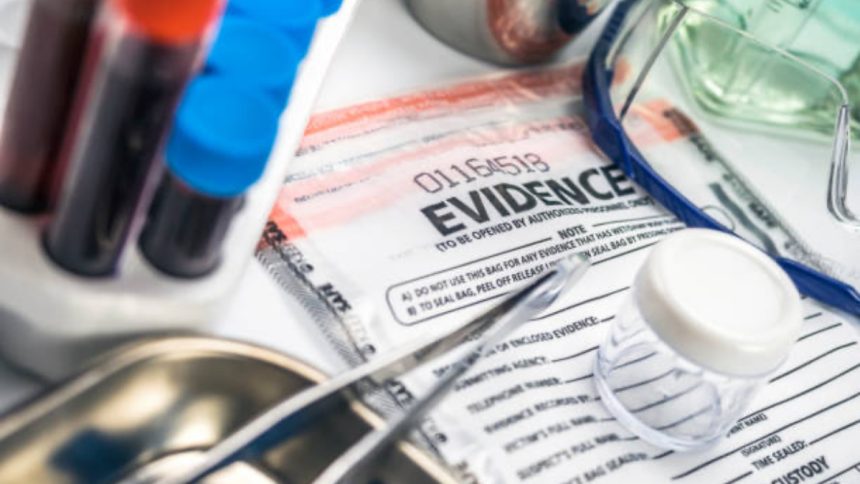Imagine getting into an accident, enduring the pain, the loss of a job, and the emotional impact. Just when you think that everything’s almost over, your insurers doubt your injury or dispute whatever you say. You get a reply from your insurer stating that you lack the medical documents to prove you were hurt or that the documents are insufficient to justify the amount you claim.
Don’t treat your medical documents as an insignificant set of documents; they are more important than you think. Not having the right documents can affect your personal injury claim, giving insurers more room to take advantage of your situation.
If you are ever severely hurt in an accident of any kind, be sure to preserve all your medical records, as you will need them later. This article will go over why medical documents are important to a personal injury claim.
Proving Claims: The Best Evidence of Injury
The personal injury claim process is quite complicated and may seem never-ending. Insurance providers can prolong the process and make it difficult to win fair compensation.
However, if you have the right documents, you can prove the following easily:
- Linking the injuries to the incident: These claims require you to prove that you were hurt due to the accident. Your words alone aren’t enough to prove this. Medical documents can do so by showing the injuries you were treated for and the time and date of treatment. They back your story and add legitimacy to it.
- Prove your injuries beyond a reasonable doubt: With these documents, insurers cannot question the legitimacy of your injuries or avoid paying for them. They are from legitimate sources and are backed by medical professionals.
- Credible source of evidence: As these documents are provided by officially recognized sources, like hospitals, doctors, and other medical professionals, they can serve as solid proof for your injuries. These records contain every medical detail, including the extent of your injury and the cost of treatment.
Justify Damages: Showing the Extent of Injury
Insurance providers are known to use several tactics to avoid paying your insurance money. Suppose they reduce the severity of your injury or say it didn’t happen because of the accident; you can use your medical documents to counter their doubts.
- Severity and scope of injuries: The documents highlight the exact injury, how bad it is, the expected time for recovery, and the procedures you need to go through to heal. Every detail is recorded in them, which proves the extent of your injuries.
- Impact on daily life: You must show that the injury affected your daily life. Medical documents can be used for this as well, as they indicate how much your lifestyle will be impacted by the injuries.
Source of Professional Opinion: Proof and Credibility
Medical records and related documents provide professional opinions on your injuries, which are invaluable in personal injury claims. These documents can help in the following ways.
- Professional and objective testimony: Having a professional validate your injuries adds credibility to your claim. If your injuries have been detailed accurately and can be connected well to your accident, it can be difficult for insurers or the defense to counter your claim.
- Avoid discrepancies: Medical documents are consistent, reliable, and credible; hence, they can’t be challenged for biases, forgery, or exaggeration.
Conclusion
The next time you have to talk to claims adjusters, you don’t need to do much. All you need are the medical documents related to your injuries. With that, you can link the accident to the injury, prove you were hurt, and show the extent of the pain you went through.
So, you must preserve all these documents and avoid misplacing them, even minor ones like pharmacy receipts. They are your ultimate tool to beat shady insurance tactics and get the best compensation.
Lynn Martelli is an editor at Readability. She received her MFA in Creative Writing from Antioch University and has worked as an editor for over 10 years. Lynn has edited a wide variety of books, including fiction, non-fiction, memoirs, and more. In her free time, Lynn enjoys reading, writing, and spending time with her family and friends.















